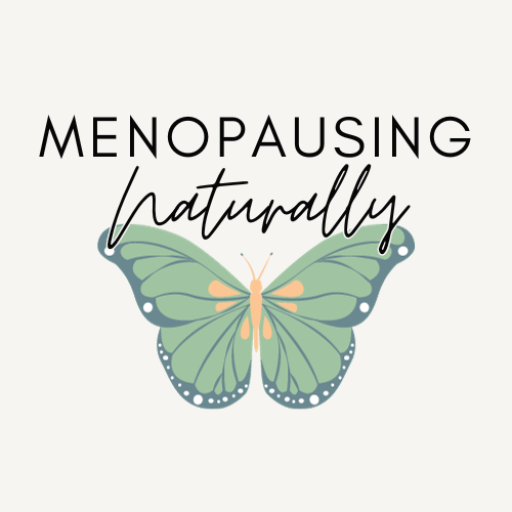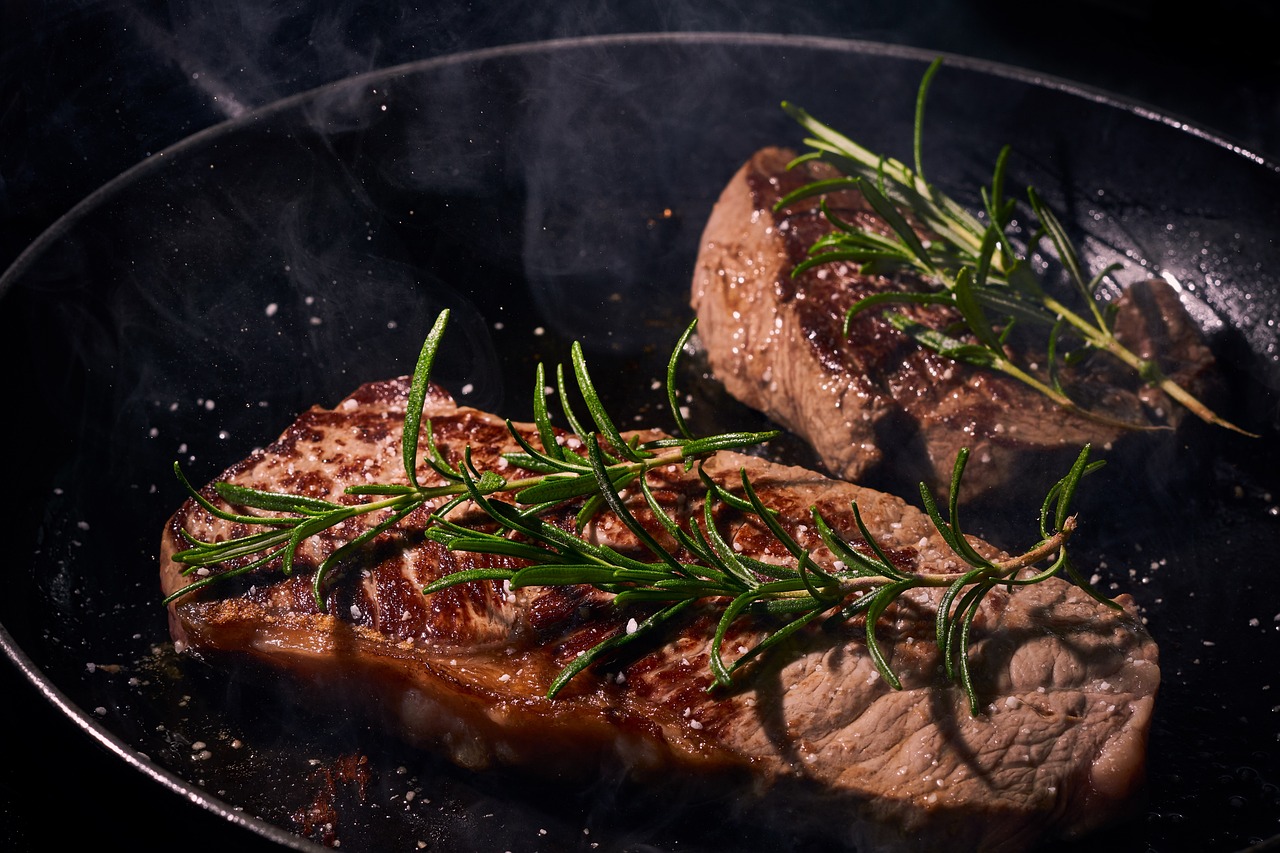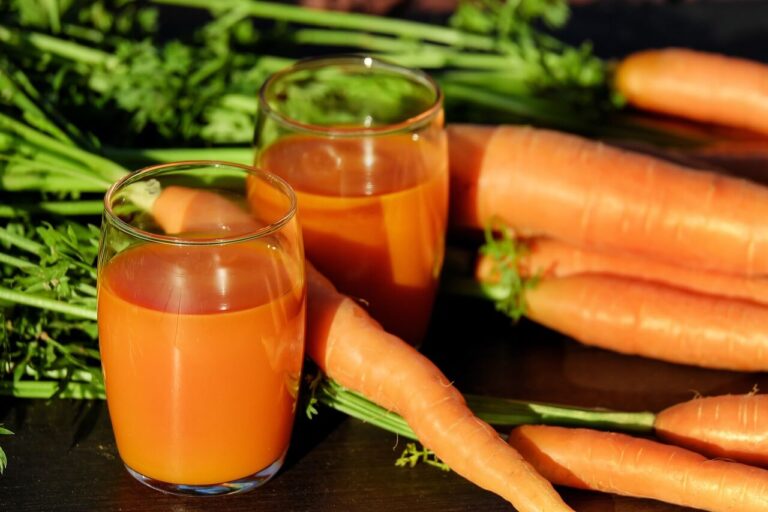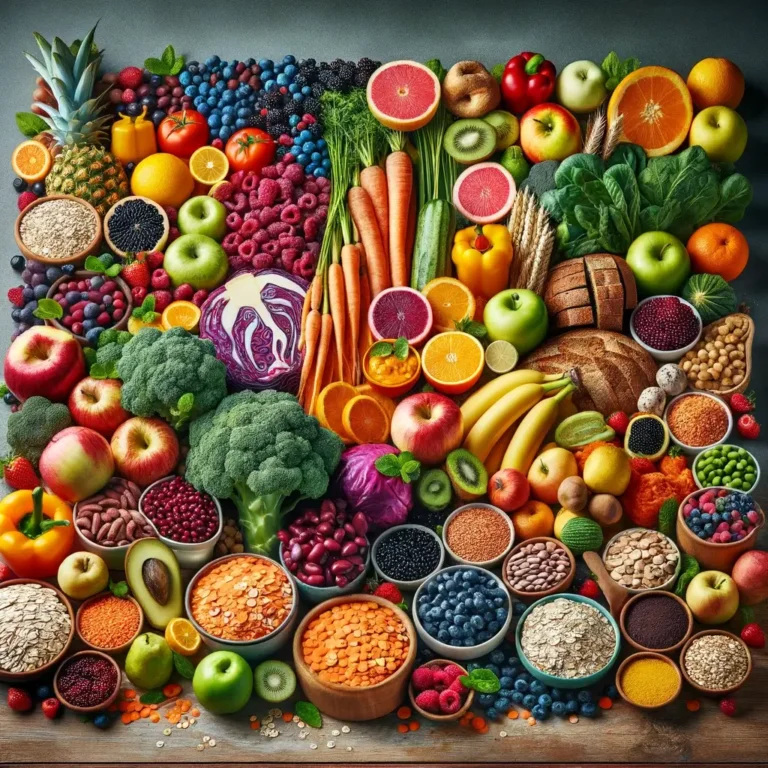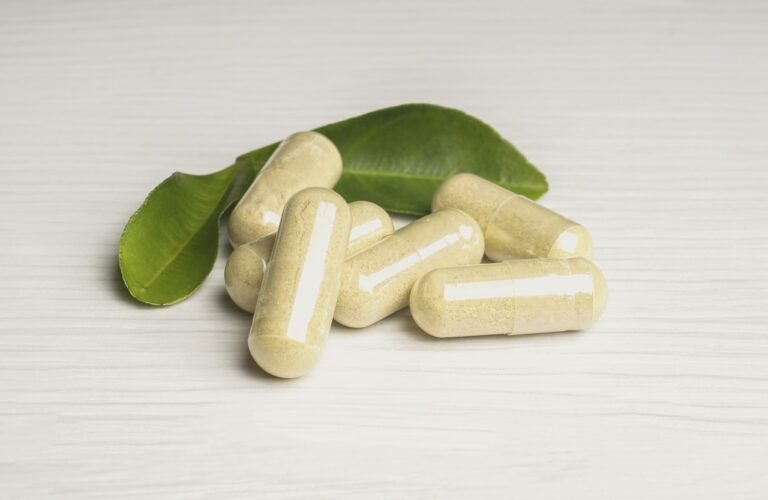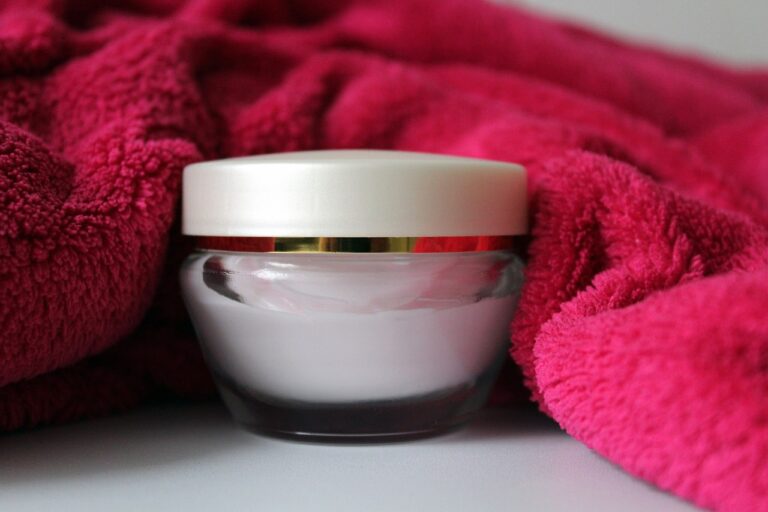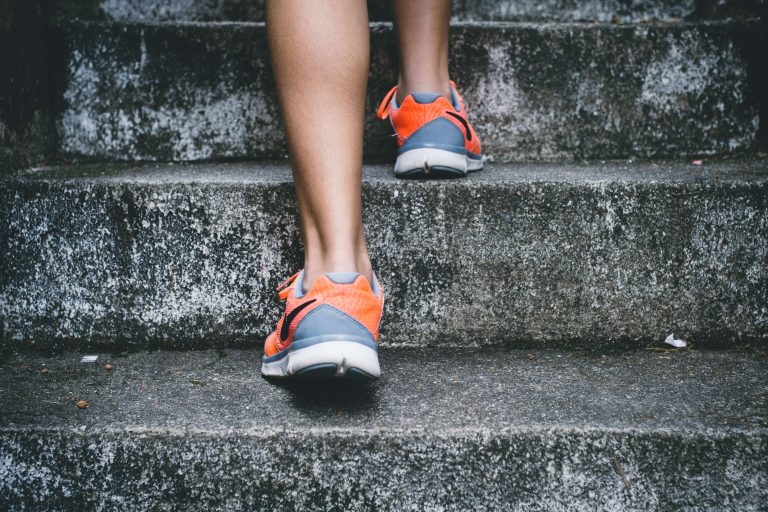Iron-Rich Foods: Vital for Menopausal Women
As women undergo menopause, ensuring a well-balanced diet becomes crucial. Iron-rich foods play a pivotal role in addressing the unique nutritional needs during this phase. This article delves into the significance of iron-rich foods for menopausal women, offering expert insights, practical tips, and answers to commonly asked questions.
Understanding Menopausal Nutritional Needs
Menopause triggers significant hormonal changes, impacting women’s nutritional requirements. As estrogen and progesterone levels decline, physiological shifts create an increased demand for specific nutrients. Notably, iron takes center stage in addressing menopausal nutritional needs. Recognizing the importance of this mineral becomes key in supporting women through the challenges of fatigue, mood swings, and metabolic changes during this transformative phase.
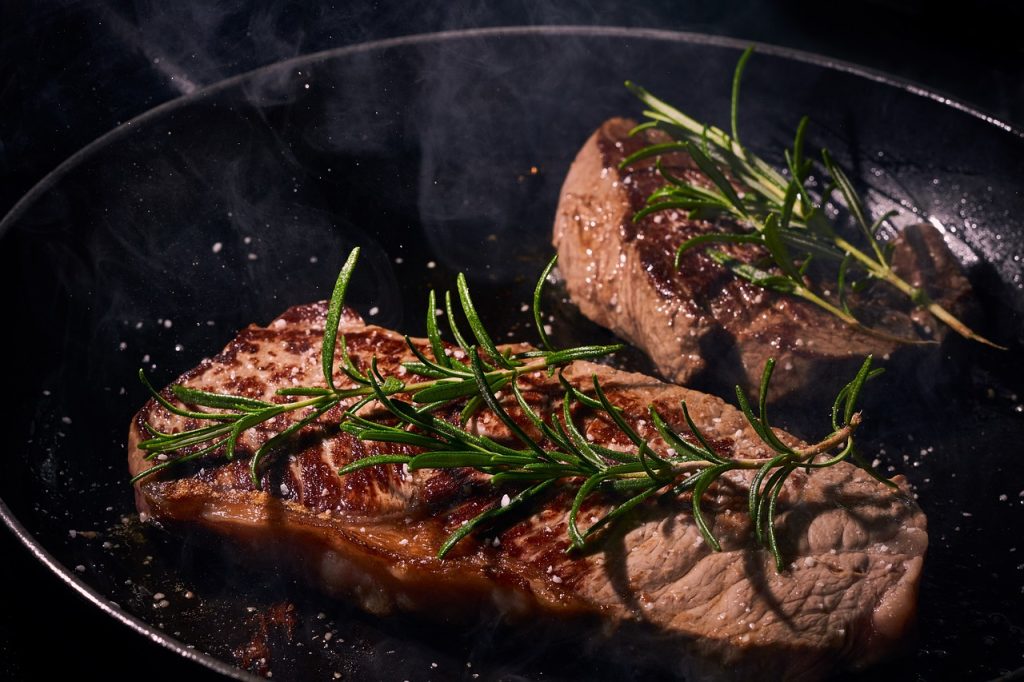
The Role of Iron in Menopause
Iron plays a vital role in menopausal well-being, primarily in maintaining optimal hemoglobin levels. Hemoglobin, responsible for transporting oxygen in the blood, is essential for overall health. However, menopausal women are particularly susceptible to iron deficiency due to hormonal changes and other factors.
Understanding this susceptibility is crucial in addressing the fatigue often associated with menopause. Iron, as a key component in energy metabolism, plays a pivotal role in combating fatigue and supporting women in maintaining vitality during this transformative life stage. Exploring the connection between iron and fatigue provides valuable insights into the proactive measures women can take to enhance their well-being during menopause.
Top Iron-Rich Foods
Ensuring an adequate intake of iron during menopause involves incorporating a variety of nutrient-rich foods. Here’s a breakdown of some top sources:
A. Lean Red Meat: A Powerhouse of Heme Iron
Lean red meat stands out as a potent source of heme iron, a form easily absorbed by the body. Beef, lamb, and venison provide a substantial boost to iron levels, making them valuable additions to a menopausal diet.
B. Non-Heme Iron Sources: Embracing Leafy Greens
Incorporating leafy greens such as spinach, kale, and broccoli introduces non-heme iron, which complements the heme iron found in meat. These plant-based options contribute to overall iron intake, supporting menopausal women in maintaining optimal levels.
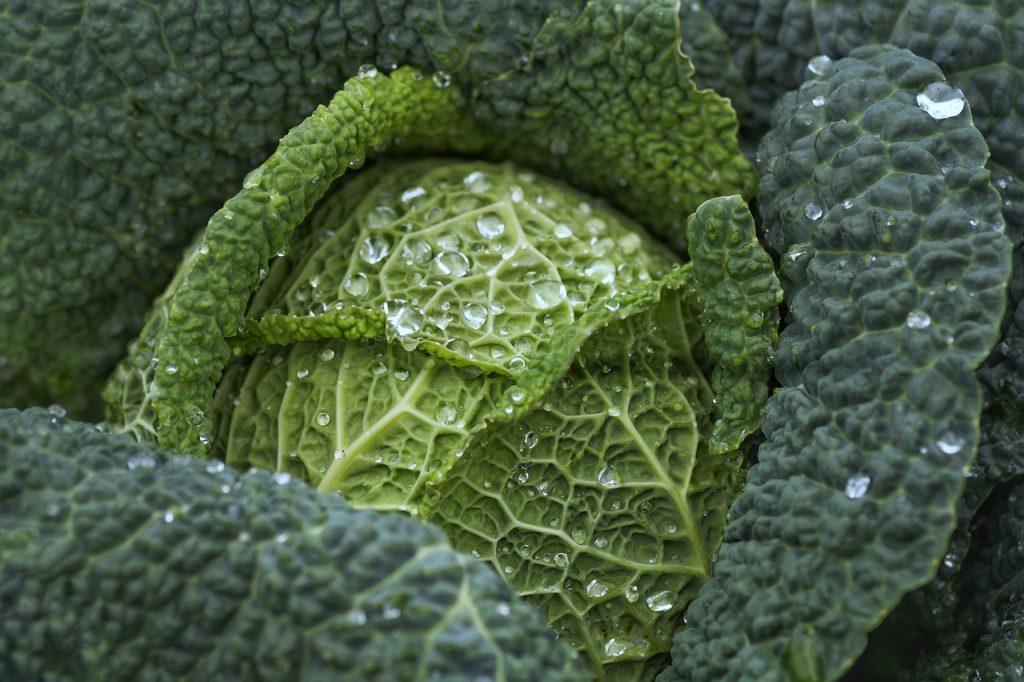
C. Fortified Cereals: Nutrient-Rich Breakfast Options
For a convenient and iron-rich breakfast, fortified cereals are an excellent choice. Packed with essential nutrients, these cereals provide an additional source of iron, catering to the dietary needs of menopausal women.
Diversifying iron sources ensures a well-rounded and comprehensive approach to meeting nutritional requirements during menopause. Incorporating these foods creatively into meals enhances overall iron absorption and contributes to the overall well-being of women undergoing this transformative life stage.
Check out these iron-rich recipes.
Cooking Tips for Iron Absorption
Optimizing iron absorption involves strategic food combinations and thoughtful cooking methods. Here’s a guide to enhance the bioavailability of iron-rich foods:
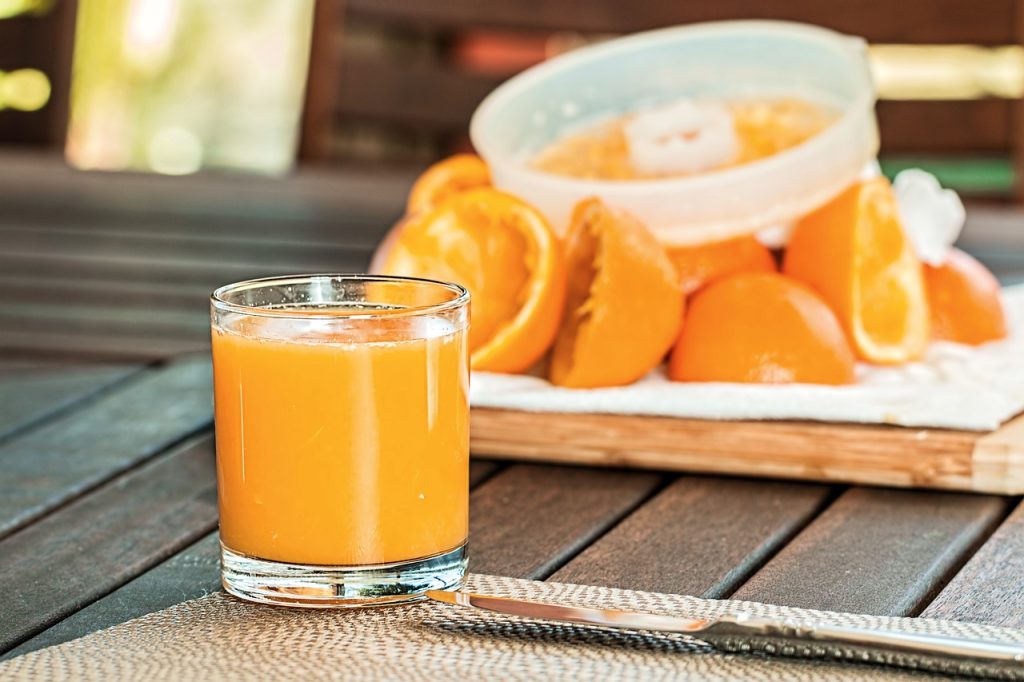
A. Synergizing Iron with Vitamin C
Understanding the synergy between iron and vitamin C is pivotal. Vitamin C enhances the absorption of non-heme iron, found in plant-based sources. Incorporating citrus fruits, bell peppers, or tomatoes into meals amplifies the nutritional impact, ensuring a more efficient uptake of iron.
B. Practical Cooking Tips
Simple adjustments in cooking methods can significantly impact iron absorption. Cooking in cast-iron pans, avoiding excessive use of calcium-rich ingredients in iron-rich meals, and opting for shorter cooking times contribute to preserving the iron content in foods.
C. Maximize Nutrient Absorption with Smart Pairings
Pairing iron-rich foods with those high in vitamin C or organic acids can elevate nutrient absorption. For instance, combining a spinach salad with strawberries or adding bell peppers to a lean meat stir-fry creates tasty and nutritious combinations that support optimal iron absorption.
By incorporating these cooking tips into daily meal preparations, menopausal women can not only enjoy flavorful and diverse meals but also maximize the benefits of iron-rich foods, contributing to overall health and vitality during this transformative life stage.
FAQs about Iron-Rich Foods: Vital for Menopausal Women
Can iron supplements replace iron-rich foods?
While supplements can be beneficial, a balanced diet incorporating natural sources of iron is ideal. Supplements should only be taken under the guidance of a healthcare professional.
Are there any iron-rich plant-based options?
Absolutely! Legumes, tofu, and quinoa are excellent plant-based sources of iron that cater to the dietary preferences of menopausal women.
How can one address iron absorption issues?
Avoid consuming calcium-rich foods with iron-rich meals, as calcium can inhibit iron absorption. It’s advisable to space out intake or consult a nutritionist.
Can iron-rich foods alleviate menopausal symptoms?
While iron contributes to overall well-being, it’s essential to adopt a holistic approach. Iron-rich foods complement a healthy lifestyle but may not directly impact all menopausal symptoms.
What role does hydration play in iron absorption?
Staying adequately hydrated aids in better iron absorption. Ensure a balance between iron-rich foods and sufficient fluid intake for optimal results.
How often should one include iron-rich foods in their diet?
Incorporating iron-rich foods regularly is advisable. However, individual dietary needs vary, and consulting a healthcare professional can provide personalized recommendations.
Conclusion
Understanding the significance of Iron-Rich Foods for Menopausal Women is pivotal for navigating the challenges of this life stage. By incorporating these foods strategically, women can enhance their overall well-being and ease the transition into menopause.
